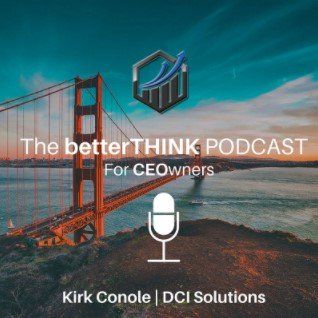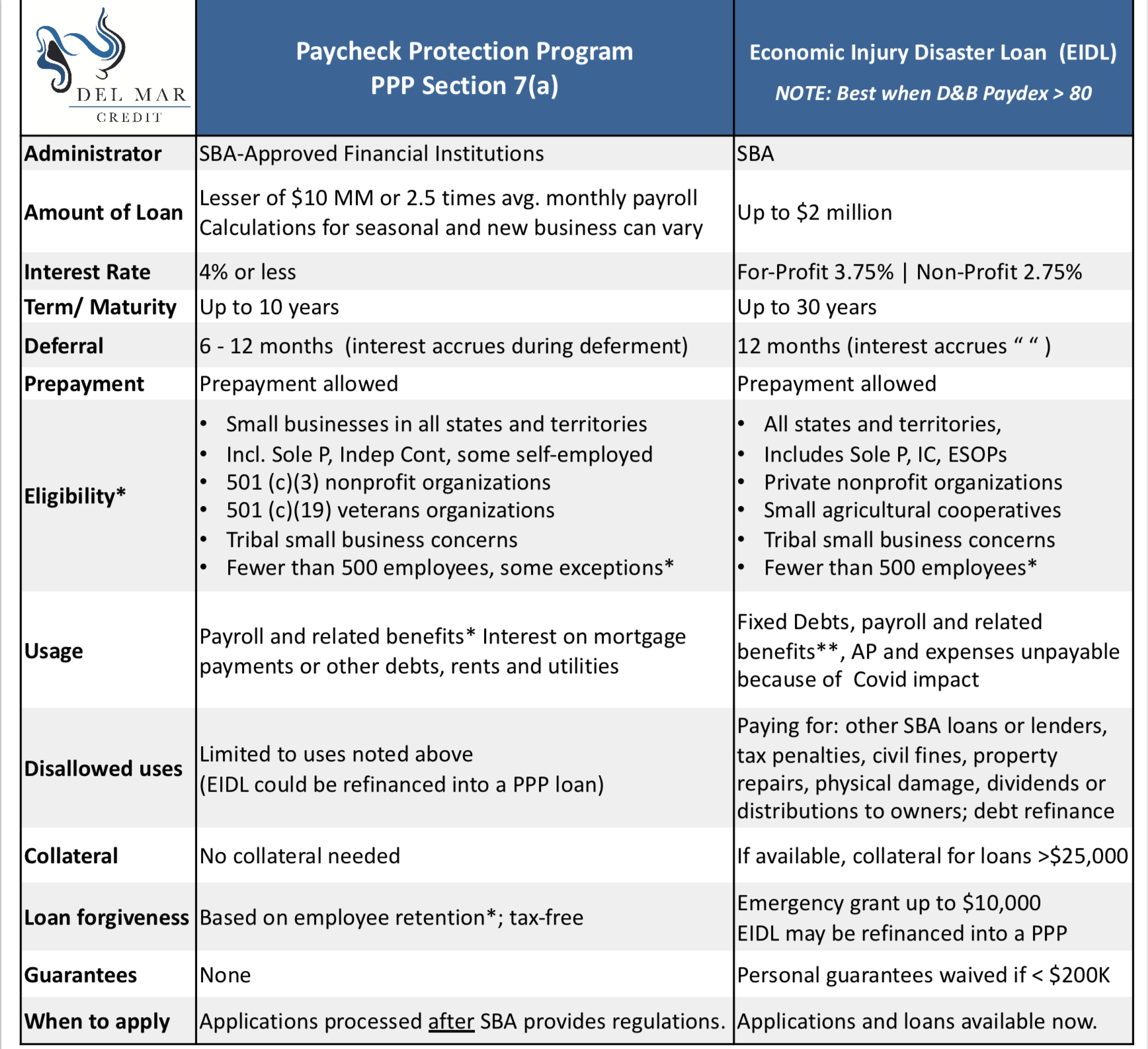Pam the Powerful

Pam the Powerful
Because human nature is a constant in life, it’s a constant in every business and optimizing your company’s success requires that you and your leaders understand and account for it.
Helping us understand human nature accurately and in all its hilarious glory is the massively successful show, “The Office.”
In the cold open to season five’s eighteenth episode, “Blood Drive,” the show’s most likeable character, “Pam,” who is kind, responsible, and (like all of us) somewhat insecure, prevents a phone system salesman from meeting her boss. A modern phone system would make her office more efficient but Pam intentionally blocks that simple innovation because she believes a phone system would make her role as the receptionist and router of office calls obsolete. Although her behavior isn’t acceptable, it is true to life and demonstrates this inviolate truth of human nature: even great employees will resist and thwart any beneficial idea or profitable innovation if they believe it poses some inconvenience or disadvantage to their personal interests.
Put simply, each one of your employees, including your top executives, is, to some degree, just like Pam. This type of “Pam behavior” commonly impedes the ideal business culture CEO’s want to create in their companies so two questions must be addressed:
The wise CEO must ask, “How do I show that our company’s successes contribute to Pam’s own best interests so she will not, for personal reasons, neglect, resist or obstruct worthwhile innovations, profitable opportunities and best practices?” and “How do I create an Ideal Business Culture which enhances an employee’s “Enlightened Self Interest” – so that employees feel that their personal interests are met as they seek best practices, shareholders interests, and the customers’ positive experience?”
There are two ways you can answer those questions successfully: Be absolutely brilliant at dealing with human nature already OR learn from those who are. As your brilliance grows, your Ideal Business Culture emerges.
IDEAL BUSINESS CULTURE
Your “IBC” should be a safe haven for your people to transcend all kinds of challenges, from issues with their family to traffic on the way to work and even the grind of office politics. It extends employee loyalty in every direction. Such a culture invites employees to actuate their imaginations in ways that can actually make the company more profitable and a more enjoyable place to work.
In his marvelous business manifesto, “Heroic Entrepreneurs and Innovative Leaders in Action” Volume 1, (click here for a FREE PDF copy or audio.) Bruce Raymond Wright writes of the need to transcend conventional incentive plans. He writes about the “Onus Bonus”, a term I coined in one of our conversations, as a systematic, scalable approach that CEOs use to help employees and executives be HEROES, on purpose and by design.
Your employees will not seek extraordinary results and the bonus that might be attached if they do not have a crystal clear, how-to-do-it path and feel SAFE when they offer ideas outside of the status quo. Here is how Dr. Mark Goulston put it:
Some people say “Where there is a will, there is a way.” But success will come faster and easier for you when you show people the way. Once your people see ‘the way,’ they can find the will to implement ‘the way.’
As the company leader, you show the way using these three elements:
- ALIGN: Skillfully communicating the company’s vision, execution, and way of thinking in a way that resonates with your employees will help them align their purposes with yours. Greater alignment means more loyalty, personal satisfaction, and sense of significance. In that way of BEING, they will be more energized, engaged, and effective.
- AFFIRM: As your people align with the vision, their needs (the needs we all have as human beings) must be affirmed according to the needs of each individual:
- Security – Are certain work expectations and requirements creating anxiety or unduly impinging on an employee’s needs for security in his job, finances, and personal life?
- Advancement – Are merit, productivity, and innovation met with promotions and better assignments?
- Autonomy – Do I focus on outcomes or processes? Do I entrust people to attain great outcomes in any legal/ethical way they can? Do I recognize initiative? Do I give them opportunities to be heroes?
- Recognition – Do I sincerely and specifically affirm those who hit targets and advance the mission?
- Peace – Do we plan and work efficiently so needless frustration, wasted effort and avoidable scrambling are minimized?
- Compensation – Does the bonus fit the onus? Is superior performance rewarded proportionate to each one’s contribution
The ideal assignment uses language which emboldens:
“Jill, this project needs to be done and I want you to be the hero and chief advocate for it. If nothing comes of it, you still get kudos for trying and if it does succeed like I believe it can, there will be more than kudos for you. Do you want to be the person I choose to lead this?”
The hero role assigned by the leader imparts a compelling reason to transcend whatever baggage and insecurities the employee might have. Great leaders exemplify how to lead others by lifting others, specifically those around them. As Bruce Raymond Wright so aptly put it:
“The greatest leaders are elevators and accelerators. They are not walls, floors or obstructions to innovation or to their people.”
Leaders don’t impede their people and are not impeded by their people, either. They look into their companies and say, “My company is filled with “Pams” whom I can systematically encourage, guide, and elevate to embrace new ideas and acts of heroism.”
This is what the uncommonly wise leaders do. They do it by design, on purpose, and with scalable systems that help people find and actuate the heroic leader residing within each of us. I invite you to discuss this with me, leader to leader.
Kirk Conole
DCI Solutions
info@dcisolutions.net
DCI Solutions, a merger of specialized tax credit and overhead cost analysts, was founded to bring millions to our clients’ cash flow, profit, and equity value that they otherwise wouldn’t receive.
Requiring no capital investment from our clients, we share in the substantial, verified value we create for them and offer true, win-win relationships to the elite executives and advisors who refer us.








